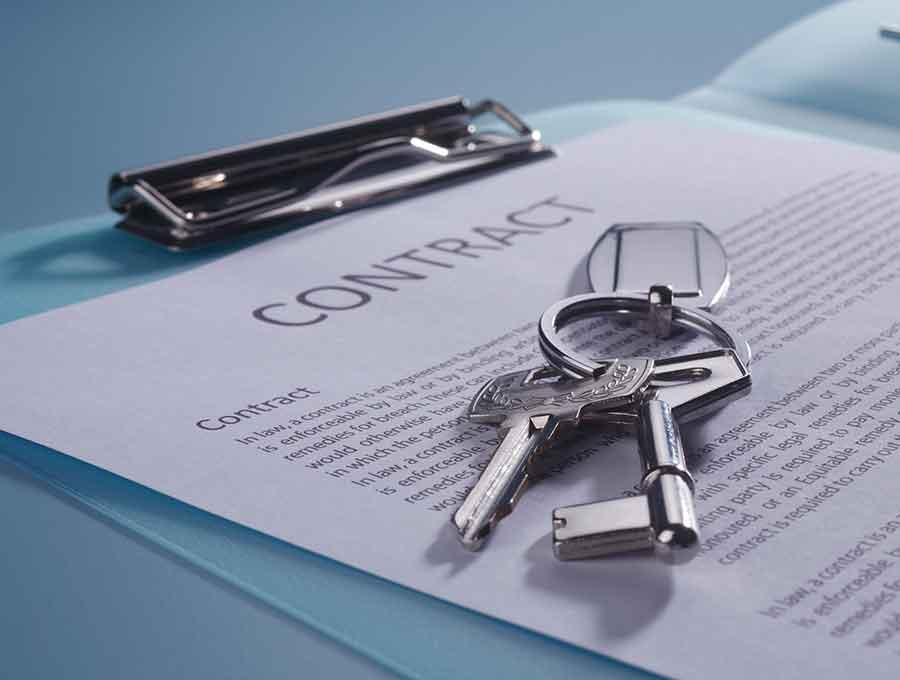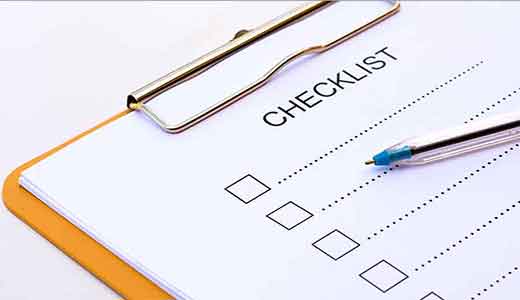What are the benefits & potential negative impact of a reverse mortgage? A reverse mortgage is a charge upon your home and so is a “non-recourse” loan.

The primary benefit of a reverse mortgage is that it increases your income in retirement and allows you to stay in your home.
You retain ownership of your home.
It also has an impact upon the value of your Estate, as it will reduce the equity in your home, which will leave less for your beneficiaries.
You should address a Reverse Mortgage with your beneficiaries before committing to the same.
Expert Advice from our Legal Specialists
A reverse mortgage is repaid when the borrower dies, moves from the residence, or the property is sold.
A reverse mortgage increases your income in retirement. A reverse mortgage increases income, without increasing monthly payments, and allows you to stay in your home.
Key Points
The reverse mortgage is repaid when the borrower dies, moves from the residence, or the property is sold.
Fees, which can include the interest rate, loan origination fee, mortgage insurance fee, valuation fee, and various other costs, are high when compared with a standard loan. Costs are normally rolled into the loan.
There is a requirement to pay back the loan, if you permanently leave the home. eg to go to a Nursing home/Retirement Village. If you need to enter a Nursing Home, the loan would become payable. Namely, the timing of the Sale will not totally be within your control and you may need to sell when the market is depressed.
A reverse mortgage impacts upon the value of your Estate, as it will reduce the equity in your home, which will leave less for your Beneficiaries.
Prior to considering a Reverse Mortgage you should speak to the major Beneficiaries of your Estate, as they may be prepared to advance funds to maintain the value of their inheritance.
Expert Advice from our Legal Specialists

When a person has been appointed as an Executor under a Will they may need to obtain a “Grant of Probate” of the Will, to deal with a deceased person’s assets.

In the event of a de facto relationship breakdown, it is important to be aware of your de facto relationship separation entitlements & obtain a financial adjustment

Prior to visiting a family law specialist you should prepare a list of the questions that you need to have answered. This will ensure important things are not missed.

Our experienced Solicitors provide expert knowledge in inheritance disputes and contesting a Will and achieving a negotiated out of court settlement.
We look forward to discussing your requirements, please complete the form below or call to speak with one of our experts today.